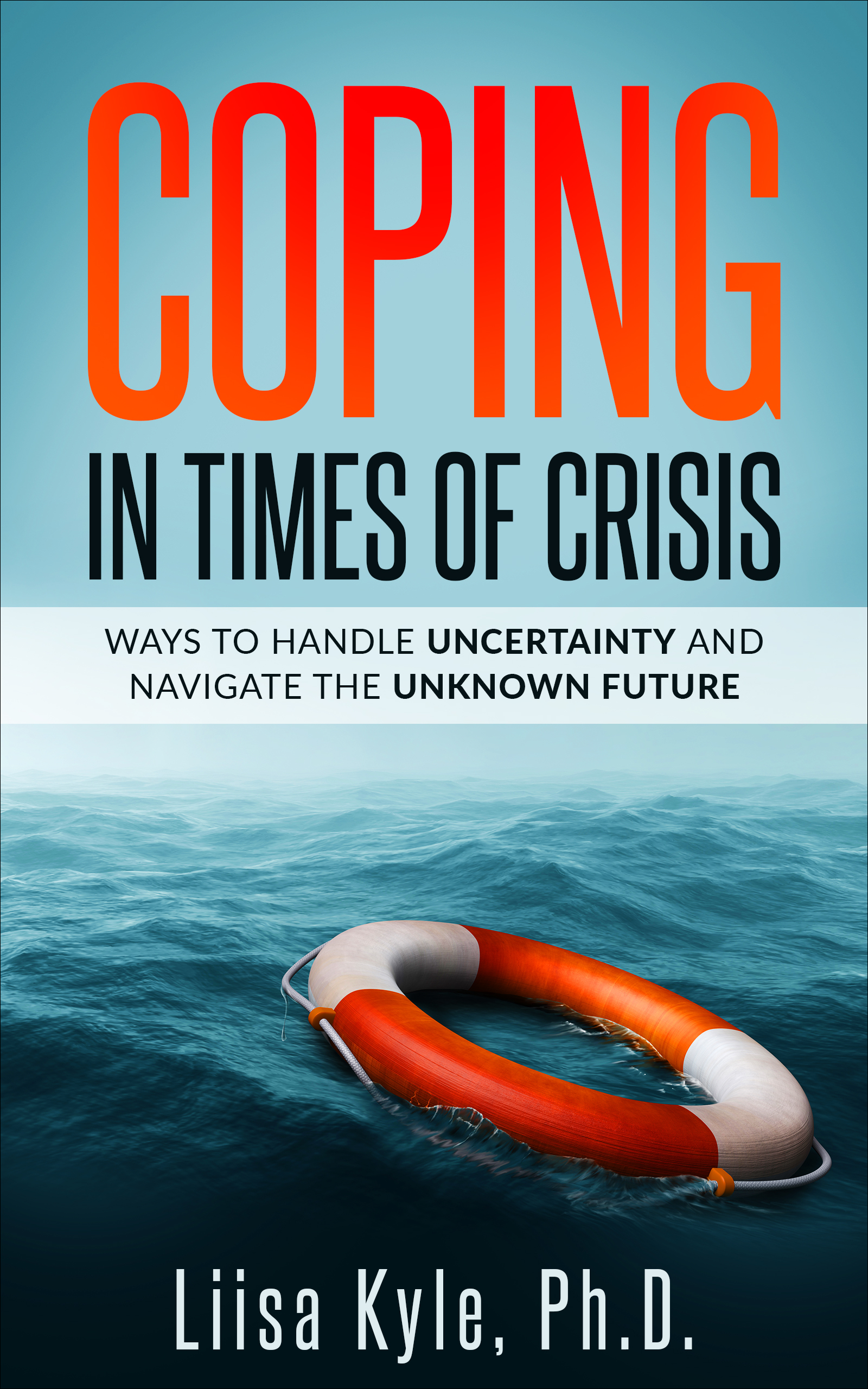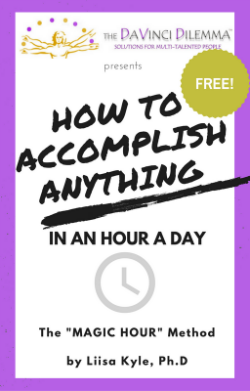By JorgenCarlberg [CC BY 3.0 (https://creativecommons.org/licenses/by/3.0)], from Wikimedia Commons
Once upon a time, the traditional career path was to specialize in a single arena, join a company and stay there until retirement. Now, thanks to seismic shifts in technology, communications and economics, this path is becoming increasingly rare, replaced by portfolios.
As a DaVinci — a multi-talented person juggling many activities — portfolio careers make an awful lot of sense.
Some of us have never liked being pigeon-holed as being ‘only one thing’. We are interested in many things and have always participated in diverse activities as kids or students . . . so it’s natural to diversify our professional activities, too.
Others may take a while to figure it out. They may begin in a traditional ‘one-job’ career only to become dissatisfied with the limited scope of their activities. There’s a gnawing sense of ‘is this all there is?’ Maybe they yearn to try something new or pursue a secret dream. Perhaps they develop other skills, hobbies or interests outside of work, then discover they want to do one or more of these things, professionally. For this group, portfolio careers provide a way to boost their career satisfaction by diversifying their vocational activities.
A third group become DaVincis by necessity. When the economy tightens, people may lose their traditional jobs — and discover how difficult it is to be re-hired in today’s marketplace. This is especially problematic for mid-aged or older people because more companies are seeking to fill whatever slots they’ve got — be they part-time jobs, full-time jobs or contracts — with younger, cheaper workers.
For anyone pursuing a portfolio career, the primary challenge to overcome is fear (specifically fear of failure, fear of the unknown, and fear of poverty). Once they actually take the plunge as a multi-hyphenate, they face challenges in time management, organization, staying on task and getting things done. It’s tough to make progress in more than one arena at the same time without becoming overwhelmed or demotivated or frustrated or stressed out. Yes, the internet offers limitless business opportunities — but it also provides infinite distractions and constant interruptions. It’s a particular challenge to maintain life/work balance, given the inevitable complications of a portfolio career. Procrastination and perfectionism are issues that arise for many, many people pursuing a portfolio career.
The main challenge for someone pursing a portfolio career is to find the approach and techniques that work for them in their unique circumstances. Here on our website, Lisa Rothstein and I invite you to browse our books and articles to see what works for you.
***
 Want more tips and techniques for getting things done? Check out my book YOU CAN GET IT DONE: Choose What to do, Plan, Start, Stay on Track, Overcome Obstacles, and Finish
Want more tips and techniques for getting things done? Check out my book YOU CAN GET IT DONE: Choose What to do, Plan, Start, Stay on Track, Overcome Obstacles, and Finish
Available here in hardcover, paperback, and eBook formats: http://bit.ly/YouCanGetItDone
***
Want to re-publish this article? Go for it – just include the author’s name, a link to this original post and the following text blurb:
Are you struggling with too many talents, skills, ideas? You may have The DaVinci Dilemma™! Find tools, fun quizzes, coaching, inspiration and solutions for multi-talented people at http://www.davincidilemma.com/ .



